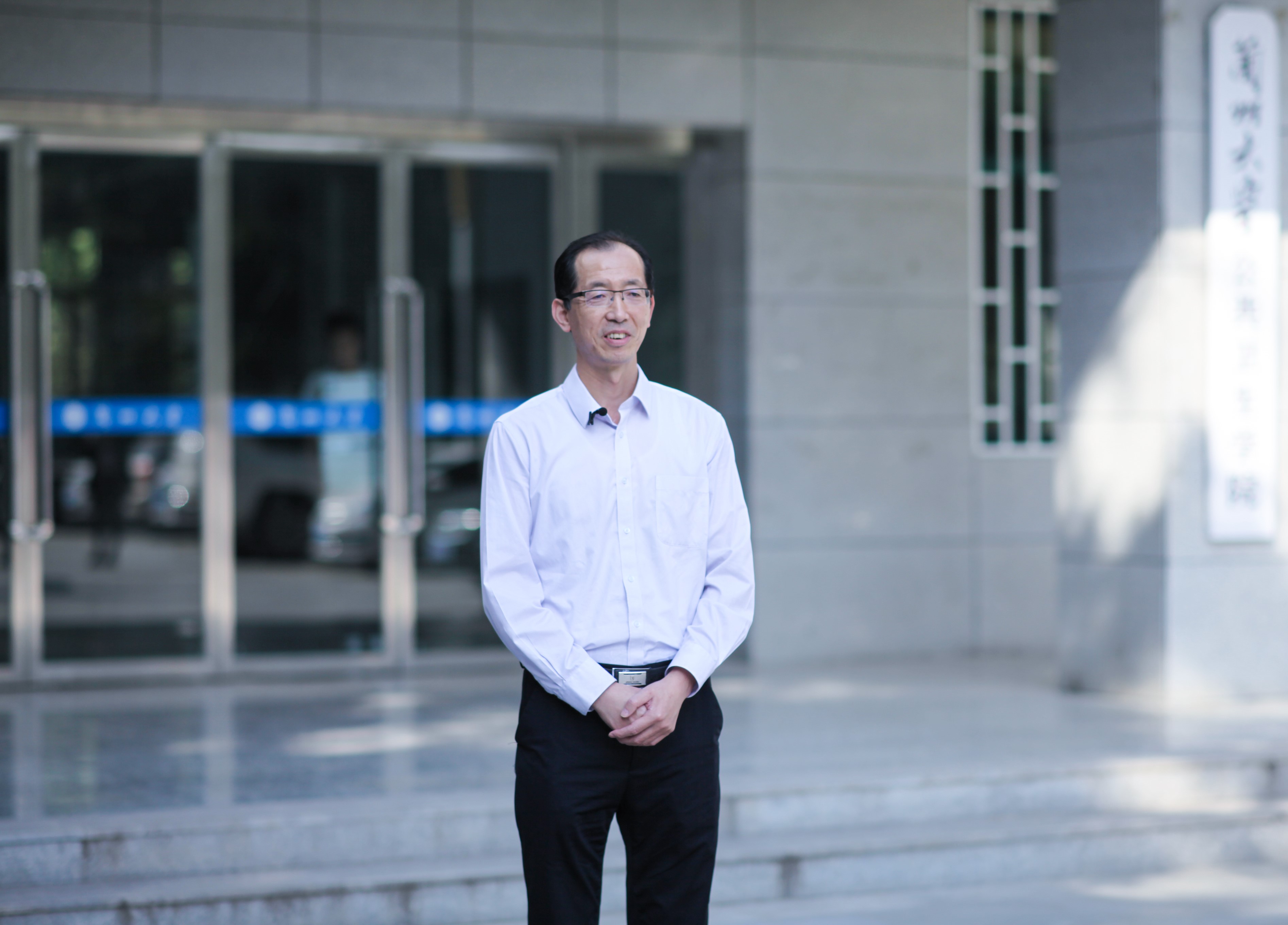
.png)

School of Public Health at Lanzhou University (SPH) traces its roots to hygiene courses in 1946 offered by Prof. Qiao Shumin graduated from Columbia University. The School began public health undergraduate program in 1959 at Lanzhou Medical College as the first professional public health program in Northwest China. In 1984 the School resumed preventive medicine undergraduate program and offered health administration undergraduate program in 2002. In 2004 Lanzhou Medical College was merged into Lanzhou University, and then the School was founded in 2005.
Since its reestablishment in 1984, School of Public Health (SPH) has grown along with the historic process of reform and opening-up in China. From the start, faculty were expected to commit themselves to research as well as teaching, and all the faculty and staff at SPH have spared no effort to not only enhance our teaching and research competences in an all-round manner but also cultivate large numbers of outstanding public health talent for Chinese health development in the future through our education of students and our research in the laboratory and in the field. We are an academic family who bring together expertise from a wide variety of disciplines to produce new knowledge, powerful ideas, and practical solutions to major public health challenges in Northwest China. Our work improves the health and transforms the lives of people, informing and influencing local public health practice.
Today, the School’s work encompasses not only the basic public health disciplines of biostatistics and epidemiology, environmental and occupational health, health toxicology, maternal and children health, but also molecular biology, quantitative social sciences, policy and management, and health communications. We will cultivate the leading health talent through study, research, and practice to address public health challenges of the twenty-first century. We will create and advance knowledge and its translation into discoveries that lead to actions that improve health of people and populations. The School will extend its purview from the local to the globe for the responsibility to improve and protect the health of all populations, especially the most vulnerable of these—children, the elderly, the poor, and the underserved.